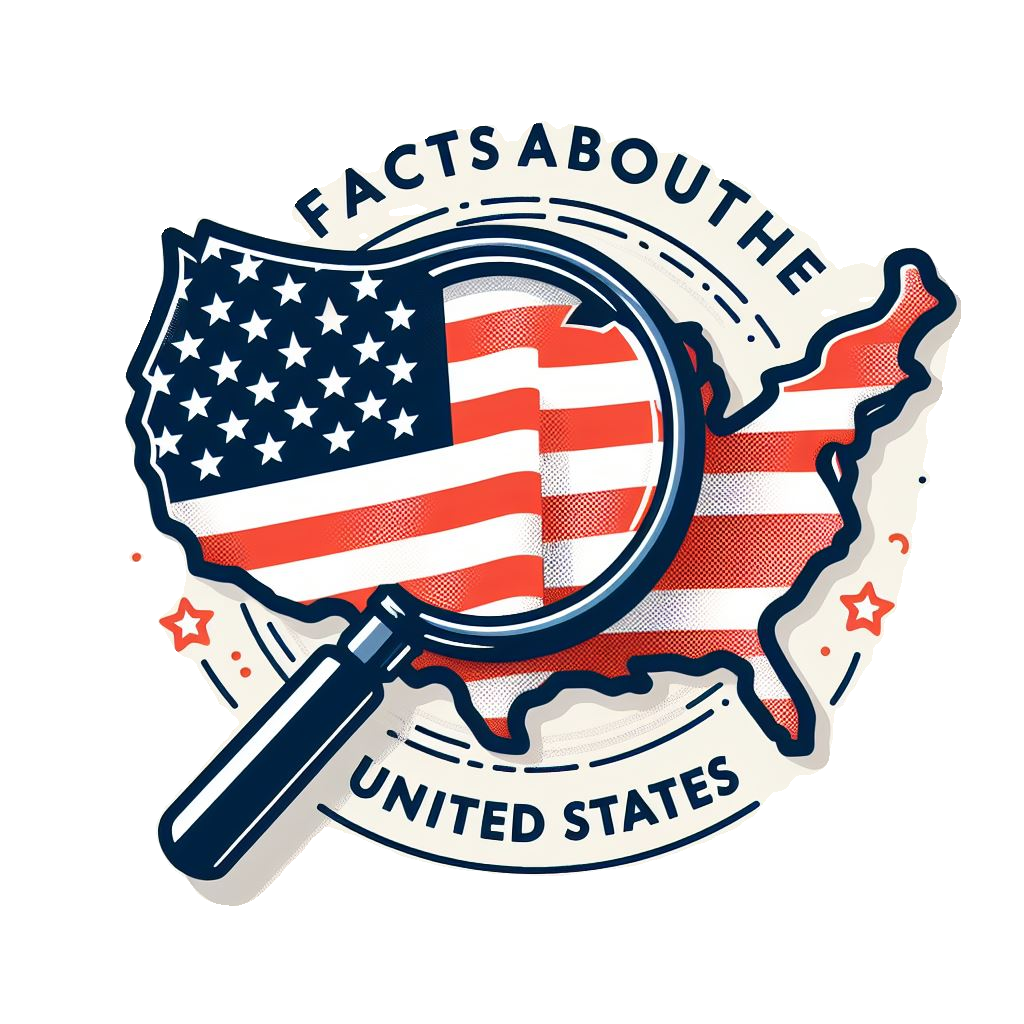Los Angeles: The City of Dreams and Diversity
Los Angeles, also known as L.A., is the second most populous city and metropolitan area in the United States, after New York City. It is the seat of Los Angeles County, the most populous county in the country. Los Angeles is a global city that attracts millions of visitors every year for its entertainment, culture, climate, and lifestyle.
A Brief History of Los Angeles
Los Angeles was founded in 1781 by a group of 44 settlers from Mexico, who named it “El Pueblo de Nuestra Señora la Reina de los Ángeles” (The Town of Our Lady the Queen of the Angels). The city was part of the Spanish Empire until 1821, when it became part of Mexico. In 1848, after the Mexican-American War, Los Angeles and the rest of California were ceded to the United States. Los Angeles grew rapidly in the late 19th and early 20th centuries, thanks to the discovery of oil, the development of the railroad, the film industry, and the influx of immigrants from various parts of the world. Los Angeles hosted the Summer Olympics twice, in 1932 and 1984, and will host them again in 2028. Today, Los Angeles is a center of innovation, creativity, and diversity, with a vibrant economy and a rich cultural heritage.
The Culture and Attractions of Los Angeles
Los Angeles is known as the entertainment capital of the world, as it is home to Hollywood, the film and television industry, and many celebrities. The city has more than 100 museums, 225 theaters, and 55 structures by renowned architects. Some of the most famous attractions include the Hollywood Sign, the Walk of Fame, the TCL Chinese Theatre, the Dolby Theatre, the Griffith Observatory, the Getty Center, the Walt Disney Concert Hall, and the Hollywood Bowl. Los Angeles is also a paradise for food lovers, as it offers a variety of cuisines from different cultures, such as Mexican, Chinese, Korean, Thai, Armenian, Persian, Ethiopian, and more. The city has some of the best restaurants, food trucks, and farmers markets in the country. Los Angeles is also a shopper’s dream, with many options for fashion, art, and design, from the upscale Rodeo Drive and Melrose Avenue, to the eclectic Venice Beach and Silver Lake.
The Climate and Geography of Los Angeles
Los Angeles has a Mediterranean climate, with warm, dry summers and mild, wet winters. The average temperature is 66°F (19°C), with an average high of 75°F (24°C) and an average low of 56°F (13°C). The city receives about 15 inches (38 cm) of rainfall per year, mostly between November and March. Los Angeles is located on a coastal plain, surrounded by mountains, valleys, and forests. The city covers an area of 469 square miles (1,214 square km), and has a population of about 4 million people. The metropolitan area, which includes the neighboring counties of Orange, Ventura, Riverside, and San Bernardino, has a population of about 18 million people. Los Angeles has 75 miles (120 km) of coastline, and boasts some of the most beautiful beaches in the country, such as Malibu, Santa Monica, Venice, and Manhattan Beach. The city also has many parks and gardens, such as Griffith Park, the largest urban park in the country, and the Los Angeles County Arboretum and Botanic Garden.
The Diversity and Community of Los Angeles
Los Angeles is one of the most diverse and multicultural cities in the world, with people from 140 countries who speak 224 different languages. The city is a melting pot of cultures, religions, and lifestyles, and celebrates its diversity with many festivals, parades, and events throughout the year. Some of the most notable ones are the Chinese New Year, the Persian New Year, the Cinco de Mayo, the Gay Pride, the Dia de los Muertos, and the Rose Parade. Los Angeles is also a city of dreams and opportunities, where people come to pursue their passions and aspirations. The city is a hub for innovation, entrepreneurship, and creativity, in fields such as technology, science, education, arts, and entertainment. Los Angeles is a city that inspires, challenges, and welcomes everyone, and invites them to join its vibrant, bustling, and open-hearted community.

